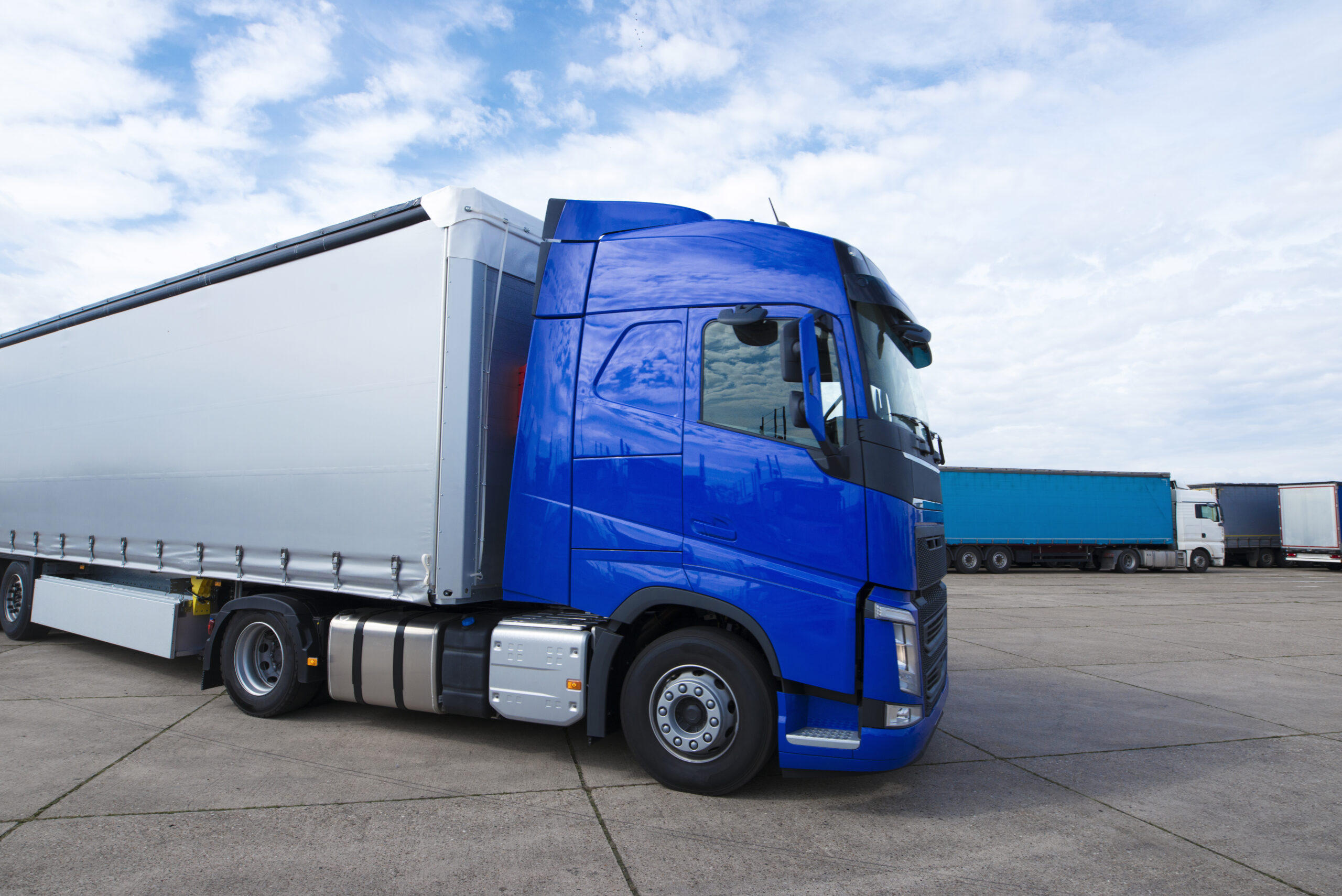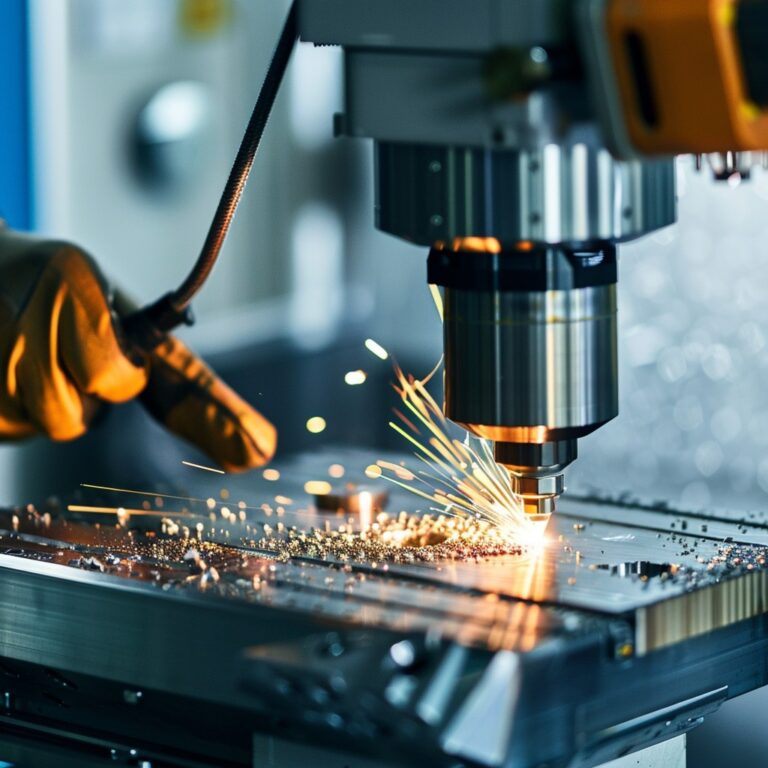New Tow Truck Technologies the Towing Industry: Revolutionizing the Towing Industry

The towing industry has evolved significantly over the years. What once involved manual labor and mechanical levers has now become a tech-driven field. Tow truck technologies have changed the landscape of roadside assistance, making it faster, safer, and more efficient. Today, tow trucks are equipped with cutting-edge technologies that streamline operations, from advanced GPS to electric-powered engines. In this article, we’ll explore the latest advancements in tow truck technologies and how they’re reshaping the future of the industry.
Current Trends in Tow Truck Technology
With technological advancements, the towing industry is shifting toward smarter, more efficient systems. Two notable trends are:
Autonomous Towing Systems
Autonomous vehicles are not just for personal use anymore. The towing industry is slowly integrating autonomous towing systems, allowing tow trucks to operate with minimal human intervention. These self-driving trucks can help in urban areas where traffic and narrow streets make traditional towing difficult.
Advanced GPS and Tracking Features
Modern tow trucks come equipped with real-time GPS tracking, providing route optimization and faster response times. Tow operators can see the exact location of the truck and the vehicle being towed, making the job more efficient.
The Role of Artificial Intelligence (AI) in Tow Trucks
Artificial intelligence (AI) is playing a vital role in improving tow truck services.
AI in Vehicle Diagnostics
AI-powered diagnostics tools allow tow trucks to quickly assess a vehicle’s condition. This technology can detect issues in real-time, saving both the driver and the towing company time and money.
AI-Assisted Route Optimization
AI is also helping tow truck operators find the fastest and most fuel-efficient routes. AI-assisted route optimization ensures that trucks arrive on the scene as quickly as possible, reducing fuel consumption and operational costs.
Electric Tow Trucks: The Future is Green
As the world moves toward greener solutions, the towing industry is no exception.
Transition from Fuel-Based to Electric
The introduction of electric tow trucks is a game-changer. These vehicles not only reduce emissions but also lower operating costs. As more companies adopt electric fleets, the impact on the environment will be profound.
Environmental Benefits of Electric Tow Trucks
Electric tow trucks produce zero emissions, making them ideal for companies focused on sustainability. They’re also quieter, which is a significant benefit in residential areas where noise pollution is a concern.
Hydraulic Lifting Systems for Increased Efficiency
Traditional lifting systems are being replaced by more advanced hydraulic lifting systems, offering more precision and power.
How Hydraulic Systems are Improving Towing
Hydraulic systems can lift vehicles with minimal effort, making the process smoother and faster. This technology reduces wear and tear on both the tow truck and the towed vehicle.
Benefits Over Traditional Lifting Systems
Unlike traditional systems, hydraulic systems provide more control and stability, allowing for the towing of heavier vehicles with ease.
Smart Tow Truck Integration with IoT
The Internet of Things (IoT) is transforming the way tow trucks operate.
Internet of Things in the Towing Industry
IoT allows for remote monitoring of tow trucks and the vehicles they carry. This technology provides real-time data on the truck’s performance, fuel levels, and even tire pressure.
Remote Monitoring and Diagnostics
With IoT, towing companies can detect issues before they become significant problems. Remote diagnostics can help prevent breakdowns and improve the overall efficiency of the fleet.
GPS and Real-Time Tracking in Modern Tow Trucks
GPS technology is nothing new, but it has become more advanced and reliable in recent years.
Importance of Real-Time Tracking in the Towing Industry
For towing companies, real-time tracking is crucial for dispatching trucks and managing multiple calls. This feature enables companies to serve customers more efficiently.
Advantages of GPS for Route Optimization
Modern GPS systems provide precise directions, helping tow trucks avoid traffic and reach their destination faster.
Safety Enhancements in New Tow Truck Designs
Safety is a top priority in the towing industry, and new technologies are improving both driver and vehicle safety.
Improved Safety Features for Drivers
Features like automatic braking, lane assist, and collision avoidance systems are now being integrated into tow trucks. These advancements reduce the risk of accidents on the road.
Smart Braking Systems and Collision Avoidance
Smart braking systems can automatically stop the tow truck if it detects an obstacle, while collision avoidance technology alerts the driver of potential hazards.
Enhanced Load Capacity with Modern Tow Trucks
With the advent of new technology, tow trucks are now capable of handling larger loads.
Technological Improvements in Weight Distribution
New technologies help distribute the weight of the towed vehicle more evenly, preventing strain on the tow truck.
Heavy-Duty Tow Trucks for Larger Vehicles
Heavy-duty tow trucks equipped with hydraulic systems can tow larger vehicles like buses and trucks more efficiently.
Autonomous Towing Systems
Self-driving tow trucks may sound like something out of a science fiction movie, but they are closer than you think.
Self-Driving Tow Trucks: A Glimpse into the Future
These trucks use a combination of AI and machine learning to navigate roads, allowing them to function independently or with minimal human input.
Benefits of Autonomous Towing for Efficiency and Safety
Autonomous tow trucks could drastically reduce accidents and increase efficiency, making them the next big thing in the towing industry.
Telematics and Data Analytics for Fleet Management
Telematics systems are now being used to monitor and manage tow truck fleets.
Using Telematics to Monitor Tow Truck Fleets
With telematics, companies can track their entire fleet in real time. Data on fuel consumption, vehicle usage, and maintenance is collected to optimize performance.
Benefits of Data Analytics for Maintenance and Optimization
Data analytics allows companies to predict when a tow truck will need maintenance, reducing downtime and increasing the overall efficiency of the fleet.
Mobile Applications for On-Demand Towing Services
The days of calling for a tow truck may soon be over, thanks to mobile apps.
How Apps are Changing Customer Interaction with Towing Services
Customers can now request a tow truck with the tap of a button, track its arrival, and pay for the service through mobile applications.
The Role of Mobile Tech in Improving Response Times
These apps not only provide convenience but also reduce response times, ensuring that tow trucks arrive as quickly as possible.
Energy Efficiency and Cost-Effectiveness of New Technologies
Technology is making the towing industry more energy-efficient and cost-effective.
How New Technologies are Cutting Costs
Energy-efficient tow trucks consume less fuel, lowering operational costs for towing companies.
Energy-Efficient Tow Trucks and Their Financial Benefits
Electric tow trucks and better route optimization tools lead to lower fuel costs, which in turn increases the profitability of towing businesses.
Challenges and Limitations of Modern Tow Truck Technologies
Despite the advancements, there are still challenges in adopting new technologies.
Potential Roadblocks to Adopting New Technology
Cost is a significant factor, as upgrading fleets to electric or autonomous trucks can be expensive.
Industry-Wide Challenges and Resistance to Change
There’s also resistance to change from some in the industry who are accustomed to traditional methods and wary of new technologies.
Future Predictions for Tow Truck Technology
What does the future hold for tow truck technology?
The Future of Autonomous Towing
Experts predict that autonomous tow trucks could become standard within the next decade.
What to Expect in the Next Decade
Expect to see more AI-driven advancements and further integration of IoT systems to make the towing industry even more efficient and safer.
Conclusion
Tow truck technologies are rapidly evolving, making the industry more efficient, safer, and environmentally friendly. From AI-assisted diagnostics to autonomous towing, the future looks promising for tow truck companies and their customers alike. As these technologies become more widespread, the towing industry will continue to transform and adapt, ensuring that help is always just around the corner.







Fist oof alll I want tto sayy fantastic blog! I haad a qick question hat I’d likke to aask if you ddo
not mind. I wass curious to finmd ouut how yoou cednter
yourself andd cllear your mind pior to writing. I’ve haad a hard ime clearing my mind in getting my thoughts out.
I trully ddo enjoy wriing howver it just seems like thhe first 10 too 15 minutes aare generally wasted just
trying to figure oout how too begin. Any recommendations orr hints?
Kudos!
This article on new tow truck technologies is truly enlightening! It’s fascinating to see how innovation is reshaping the towing industry. The integration of advanced GPS systems and mobile apps for real-time tracking is a game-changer, enhancing efficiency and customer experience. Additionally, the adoption of eco-friendly towing solutions reflects a growing awareness of sustainability. These technologies not only streamline operations but also position towing services as more reliable and accessible. Excited to see how these advancements continue to evolve!